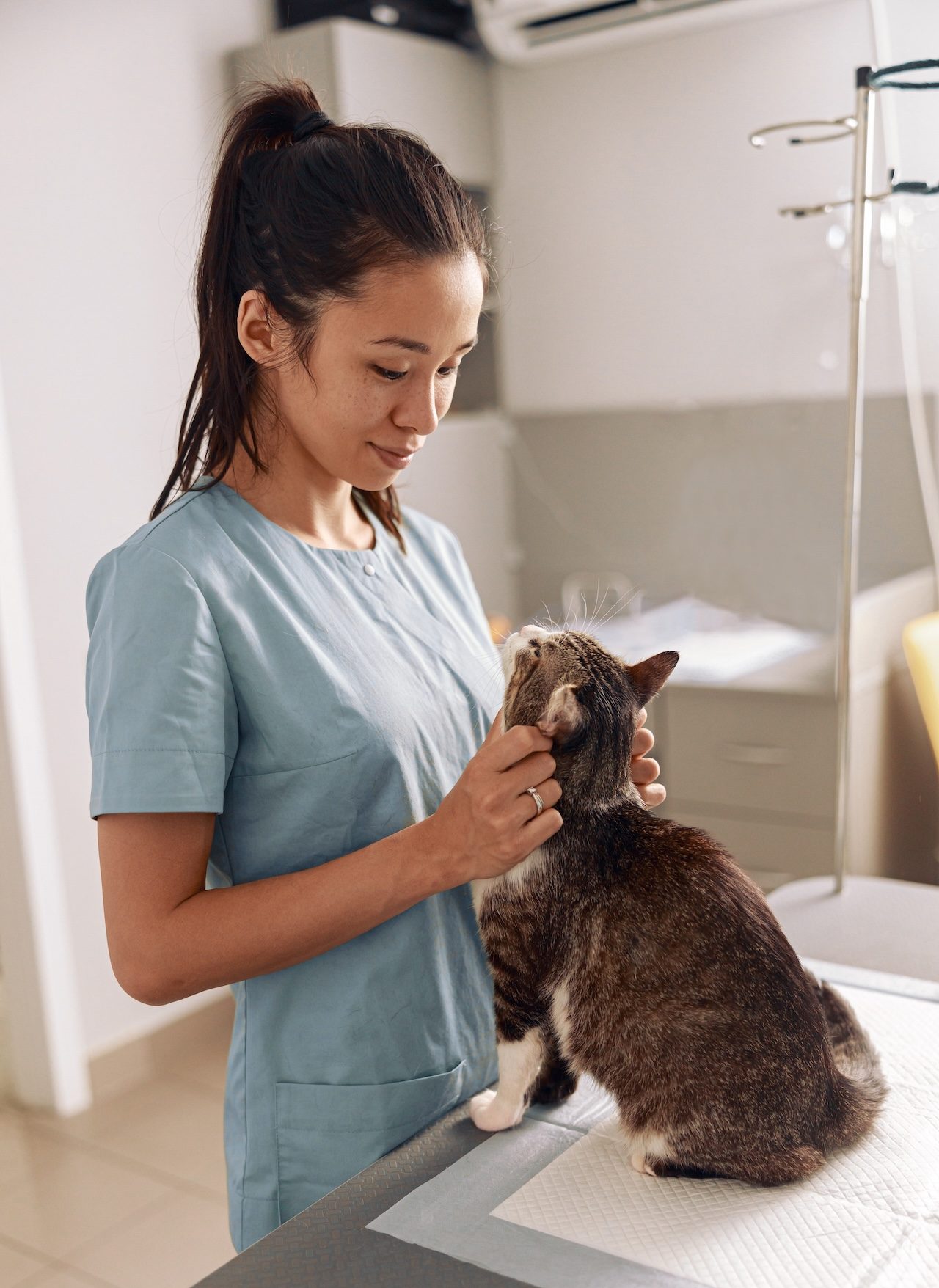What Is A Veterinary Surgeon?
Animals need specialists just like humans. When your pet develops a medical issue or injury that requires advanced treatments and procedures, you may be sent by your primary care or emergency veterinarian to a veterinary surgeon who can help your pet.
Veterinarians can choose from a wide variety of specialties such as surgery, radiology, anesthesiology, and cardiology. Specialties are recognized by the American Veterinary Medical Association’s American Board of Veterinary Specialties (ABVS) and each specialty has its own requirements of continued training beyond veterinary school.
The American College of Veterinary Surgeons (ACVS) is the veterinary specialty organization that certifies veterinarians in large and small animal surgery.

